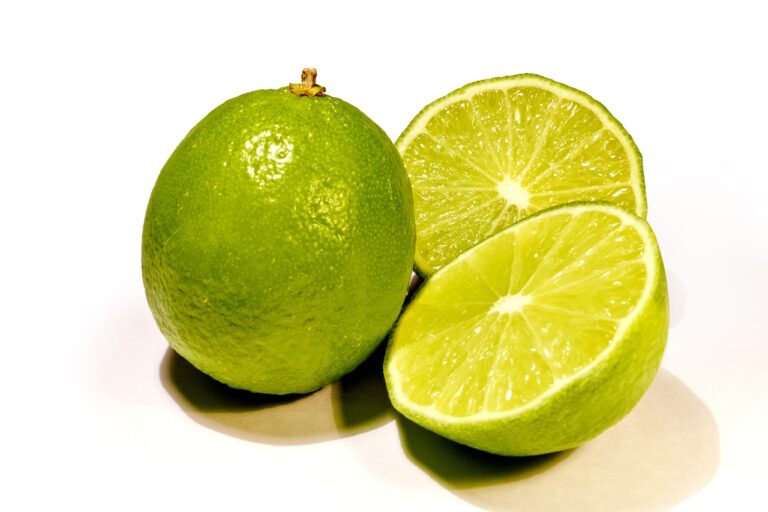Exploring the Relationship Between Protein Bars and Hydration Levels: Laser247 com login id and password, Lotus 365.vip, Sky 247 login
laser247 com login id and password, lotus 365.vip, sky 247 login: Protein bars have become a popular go-to snack for many individuals looking to fuel their bodies before or after a workout, or simply as a convenient and nutritious option on the go. But have you ever thought about the relationship between protein bars and hydration levels? In this article, we will explore how protein bars can impact your hydration levels and provide some tips on how to maintain a healthy balance.
What are Protein Bars?
Protein bars are a convenient and portable snack option that is typically high in protein content. They are commonly used by athletes, bodybuilders, and fitness enthusiasts as a quick and easy way to refuel their bodies after a workout. Protein bars come in a variety of flavors and ingredients, but the primary goal is to provide a concentrated source of protein and other nutrients in a convenient form.
How do Protein Bars Impact Hydration Levels?
Protein bars can have varying effects on hydration levels depending on the ingredients and composition of the bar. Some protein bars may contain high levels of sodium, which can have a dehydrating effect on the body. Sodium is known to draw water out of cells, leading to increased fluid loss and potential dehydration.
On the other hand, protein bars that are lower in sodium and higher in water-rich ingredients such as fruits and nuts can actually help to contribute to hydration levels. These bars provide a source of both protein and water, helping to replenish fluids lost during exercise or other physical activities.
Tips for Maintaining Hydration Levels
To ensure that protein bars are not negatively impacting your hydration levels, here are some tips to keep in mind:
1. Choose protein bars that are lower in sodium and higher in water-rich ingredients.
2. Drink plenty of water throughout the day, especially if you are consuming protein bars regularly.
3. Monitor your hydration levels by paying attention to signs of dehydration such as dry mouth, fatigue, and dark urine.
4. Consider pairing your protein bar with a hydrating beverage such as water or a sports drink to help maintain fluid balance.
5. Listen to your body and adjust your protein bar consumption based on your individual hydration needs.
Incorporating protein bars into your diet can be a convenient way to boost your protein intake and refuel your body. By paying attention to the ingredients and making smart choices, you can enjoy the benefits of protein bars without negatively impacting your hydration levels. Remember to stay hydrated and listen to your body’s needs to ensure that you are maintaining a healthy balance.
FAQs
1. Can protein bars replace meals?
While protein bars can be a convenient snack option, they should not replace balanced meals in your diet. It’s important to consume a variety of nutrients from whole foods to ensure you are meeting your body’s needs.
2. How many protein bars can I eat in a day?
The number of protein bars you can eat in a day will depend on your individual calorie and protein needs. It’s best to consult with a healthcare provider or nutritionist to determine the right amount for you.
3. Are all protein bars created equal?
No, not all protein bars are created equal. It’s important to read labels and ingredient lists to choose protein bars that are lower in sugar, sodium, and artificial additives.
4. Can protein bars help with weight loss?
Protein bars can be a helpful tool in a weight loss journey by providing a convenient and filling snack option. However, it’s essential to focus on overall dietary habits and physical activity levels for sustainable weight loss.
In conclusion, protein bars can be a beneficial addition to your diet when consumed in moderation and paired with proper hydration. By making smart choices and listening to your body, you can enjoy the benefits of protein bars without compromising your hydration levels. Remember to stay hydrated, choose nutrient-dense options, and pay attention to how your body responds to ensure a healthy and balanced approach to fueling your body.







